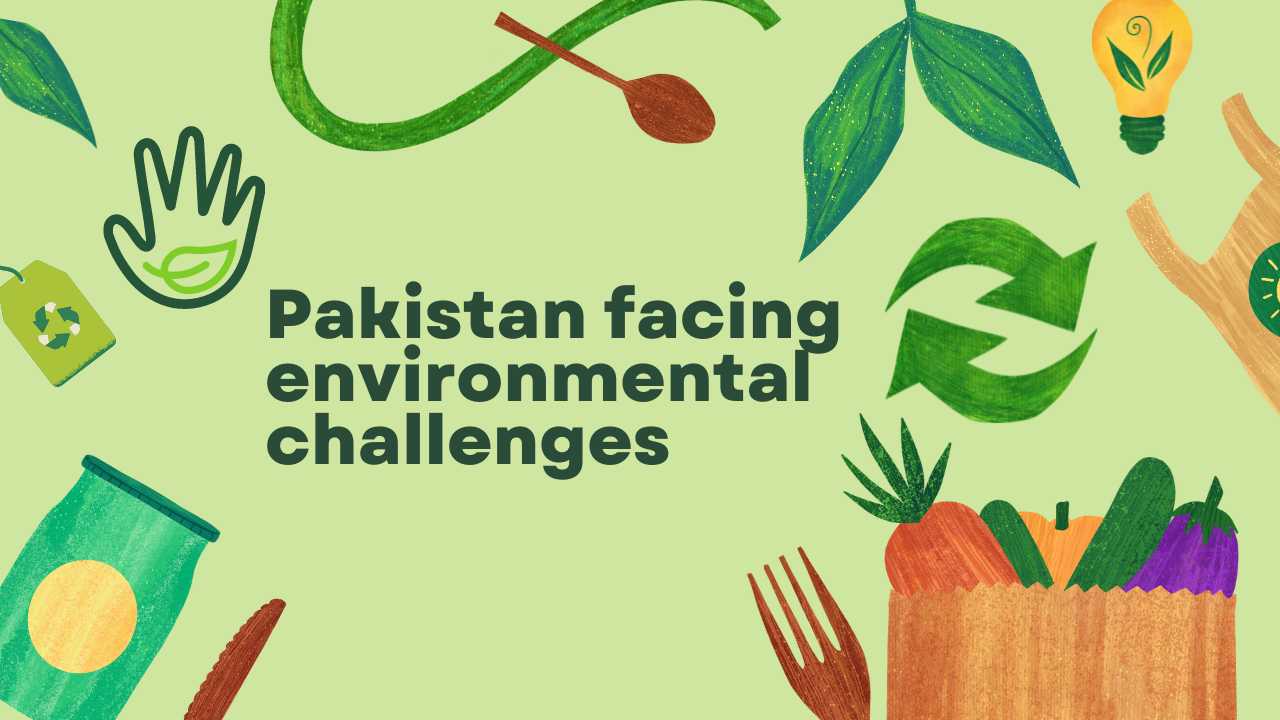Environmental challenges facing Pakistan are on the rise. With a rapidly growing population and limited resources, the country is struggling to meet the needs of its citizens while protecting its environment. The air quality in Pakistan is deteriorating day by day as industrial pollution, vehicular emissions and burning of fossil fuels all contribute to the toxic air.
The air pollution levels are higher than the World Health Organization recommended levels and are increasing with each passing year. This has led to a rise in respiratory problems among citizens and an increase in premature deaths due to diseases related to air quality.
Pakistan is also facing a water crisis due to rapid population growth, inefficient water management practices and a lack of access to safe drinking water. Many of the rivers and lakes are now polluted due to industrial waste and agricultural runoff, giving rise to health problems for those who come into contact with it or consume it as drinking water. Additionally, climate change has caused glacial melting from mountain glaciers which has affected water supply for both humans and animals alike.
Pakistan’s forests are also disappearing at an alarming rate due to unsustainable logging practices as well as deforestation for agricultural purposes. This has led to a decrease in biodiversity within these ecosystems as well soil erosion, which reduces fertility levels of the land.
Finally, waste management remains a significant challenge throughout Pakistan due to an inadequate infrastructure for collection, transportation and disposal of solid waste. There is also an increase in e-waste due to advancing technology which if not managed properly can be toxic and harm both human health as well as the environment.
In conclusion, these environmental challenges facing Pakistan must be addressed proactively if they are going to be solved in any meaningful way before it’s too late. Addressing issues such as air quality, water management practices, deforestation, waste management and e-waste is critical for protecting both public health in Pakistan as well as preserving its fragile environment for future generations.
Environmental Challenges, Pakistan, Air Quality, Water Crisis, Deforestation, Waste Management, E-Waste

